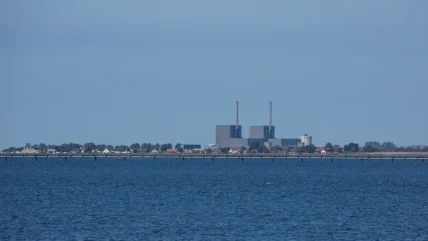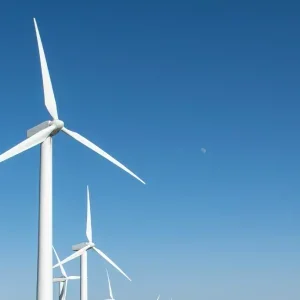
Sweden’s parliament has enacted legislation to finance new nuclear reactors, a move seen crucial for enhancing energy security and achieving net zero emissions by 2045.
The government has outlined plans for four large-scale reactors with a combined capacity of approximately 5,000MW, or an equivalent capacity in small modular reactors (SMRs). The goal is for half of these reactors to be operational by 2035, Reuters reported. This initiative comes as Sweden anticipates a doubling of electricity demand to about 300 terawatt-hours (TWh) in the next two decades.
Currently, Sweden operates six nuclear reactors, all constructed in the 1970s and 1980s. The country’s electricity generation is predominantly fossil-free, with hydro power contributing around 40%, nuclear energy 30%, and wind power 20%. The government emphasises that nuclear power is essential for providing reliable and predictable energy, which is vital for emerging industries such as green steel, biofuels, and large-scale hydrogen production.
However, specific details on the programme’s cost or how expenses will be distributed among consumers were not disclosed. A white paper released in August of the previous year had suggested that the state might need to provide financial support to nuclear developers, estimating loans between 300 billion and 600 billion crowns ($31bn to $62bn), with price guarantees lasting for 40 years, the news agency said.
The future of the step is, however, uncertain as all opposition parties in Sweden’s parliament voted against the bill, and the nation is set to hold a general election next year, which could influence the programme’s continuation. State-owned energy company Vattenfall, which has the most advanced plans for new reactors, has indicated that it will not make an investment decision until the end of the decade.






